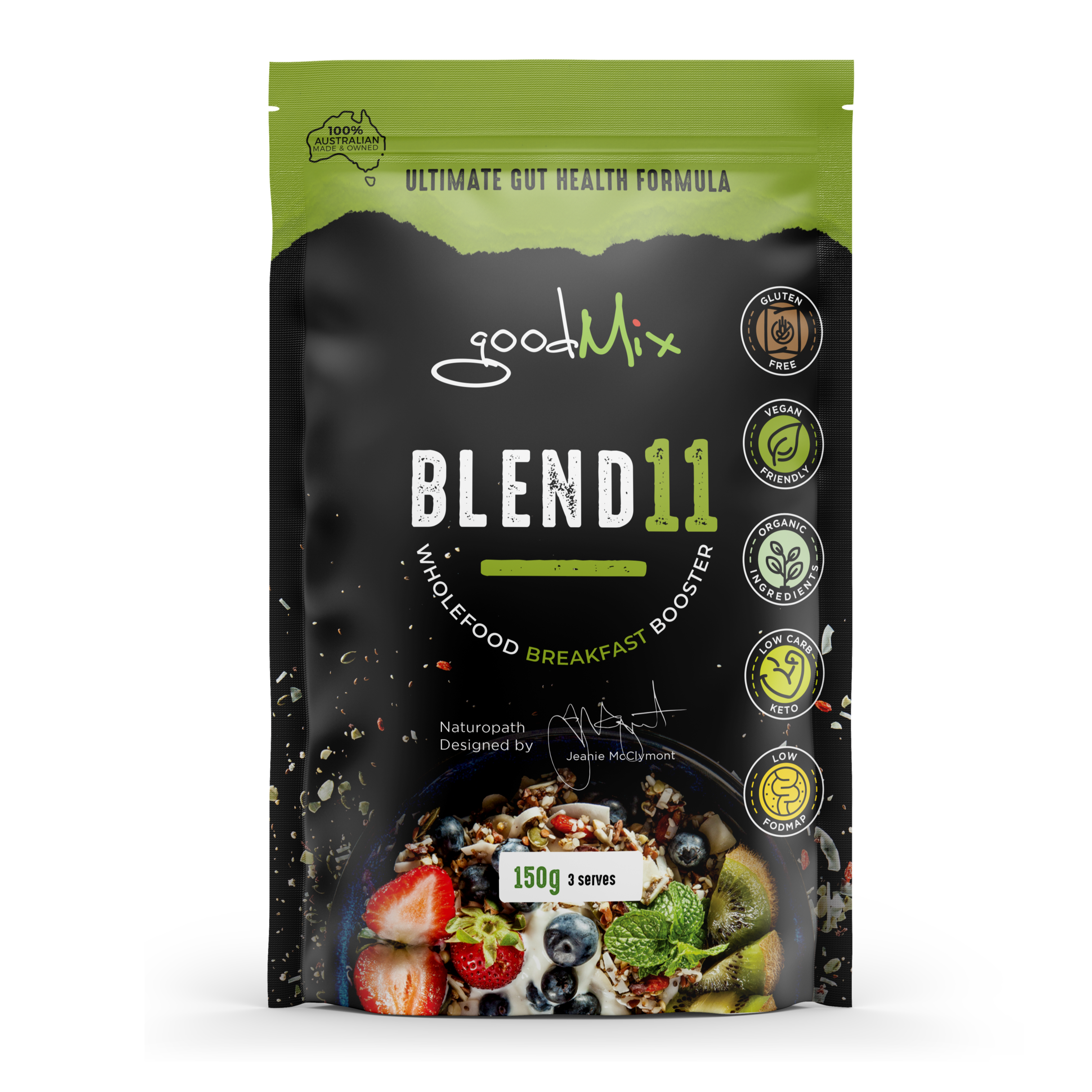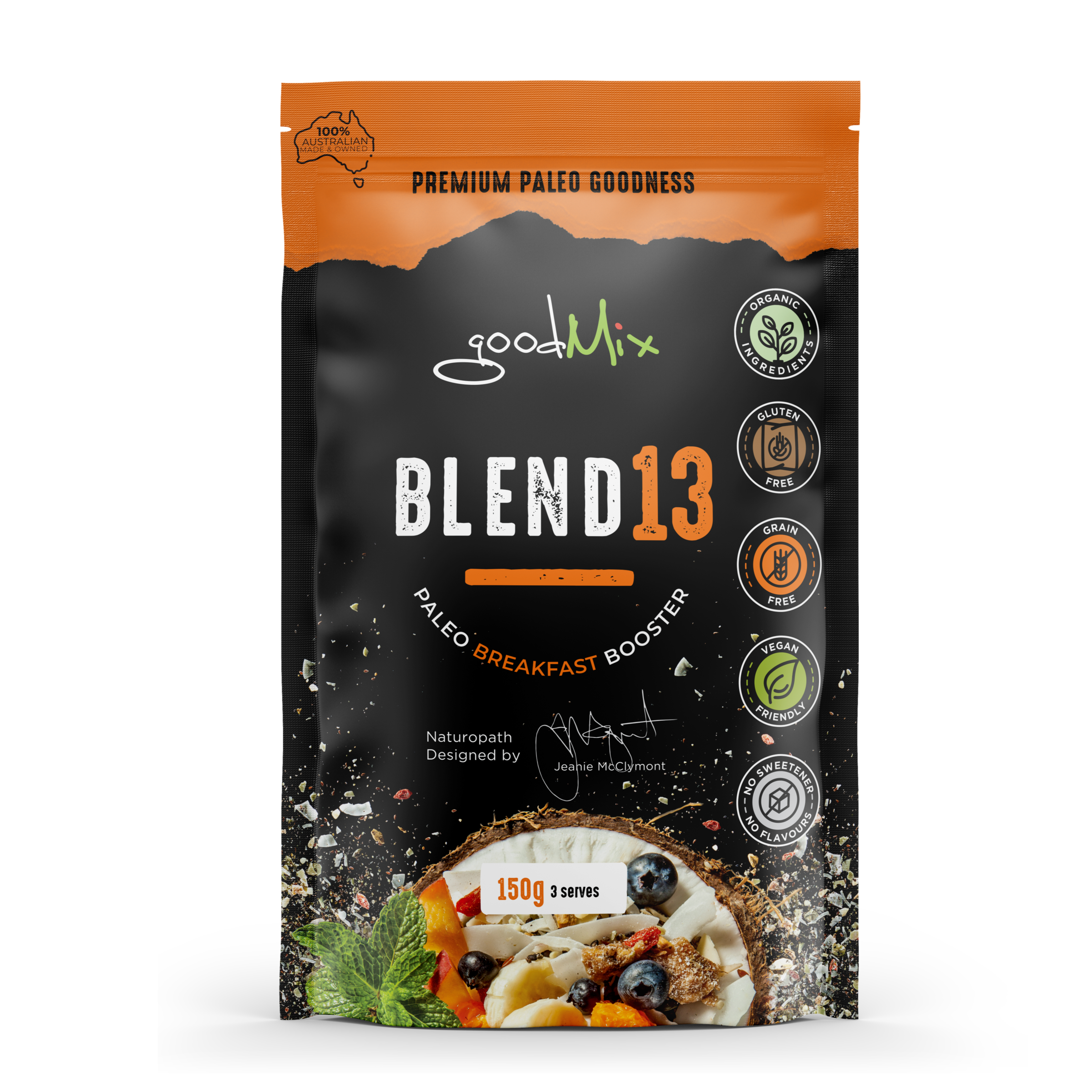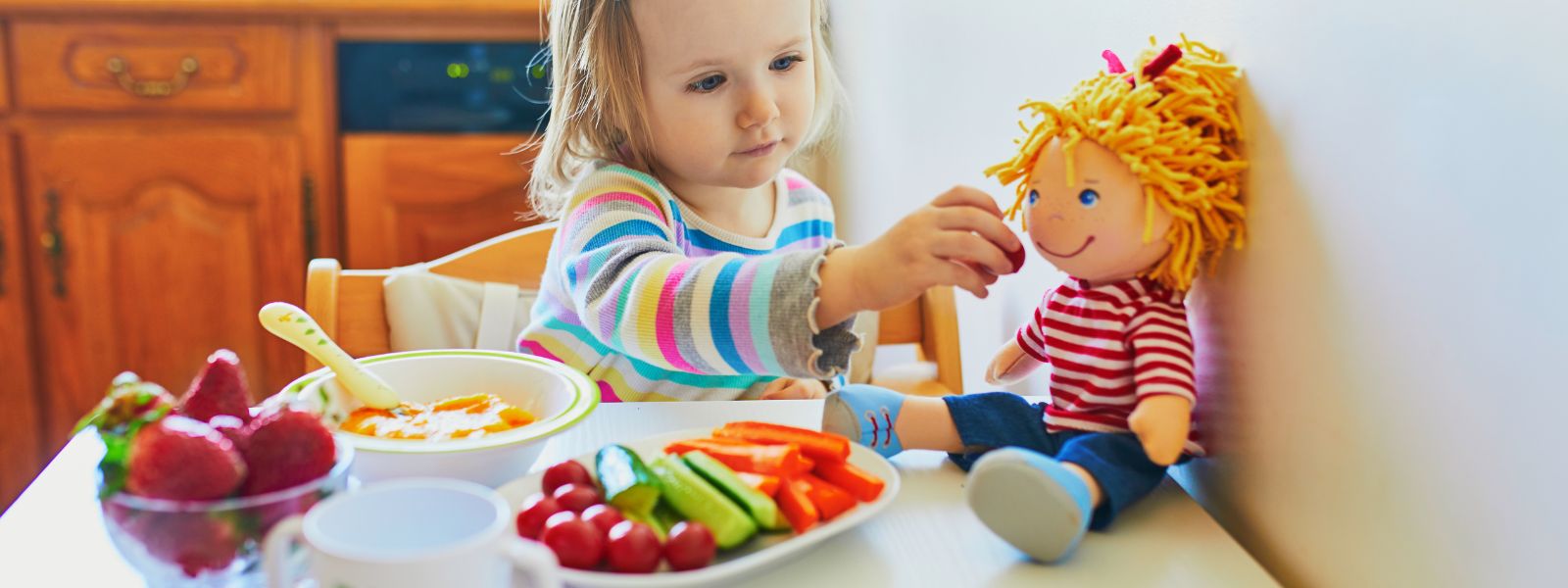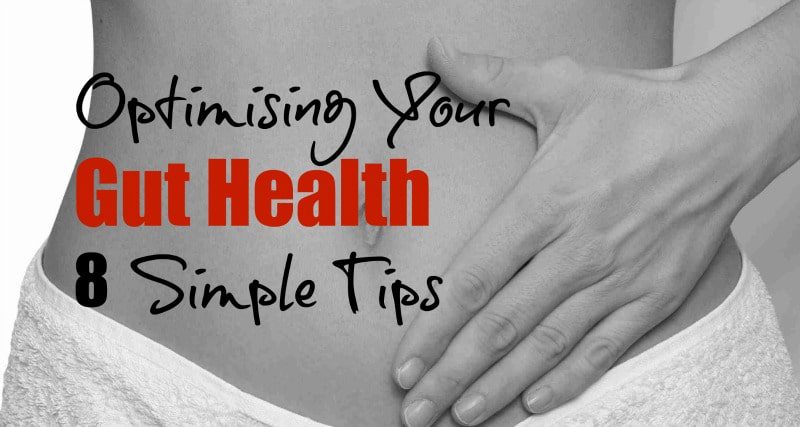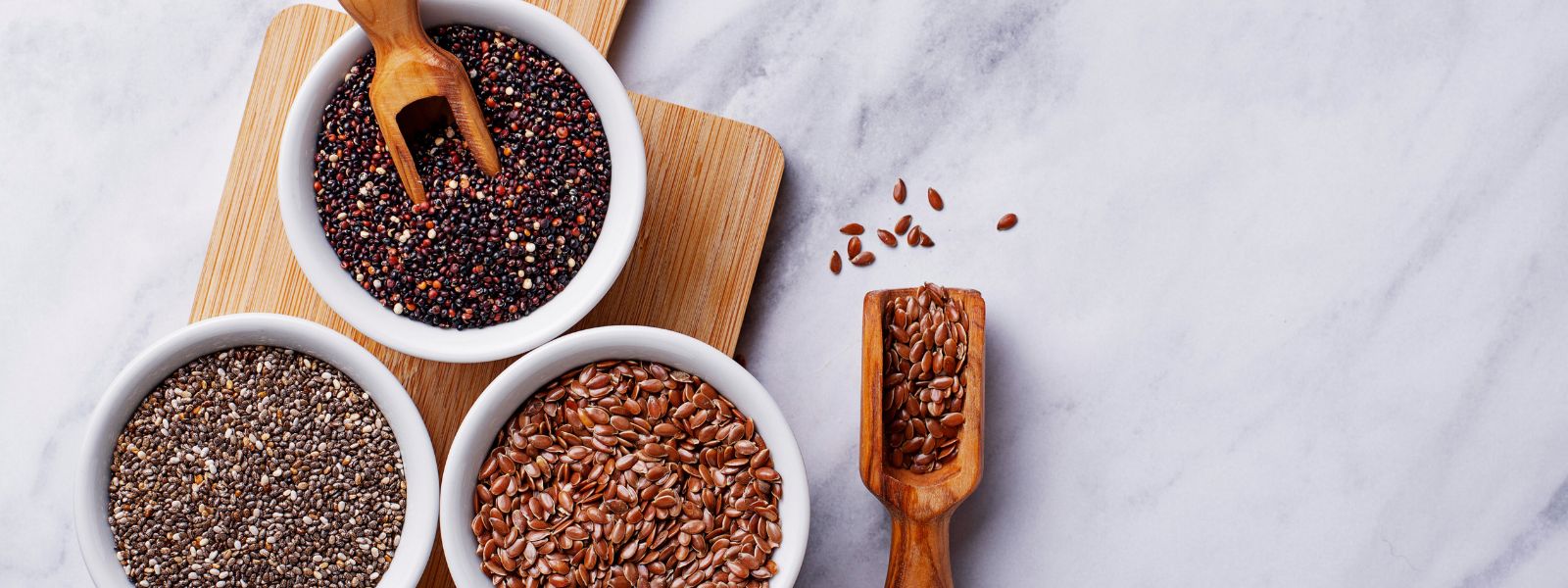
Can I Eat Seeds If I Have Diverticulosis ?
We're often asked whether our products are suitable for someone who is a following a diverticular disease diet. To help you understand why seeds may be considered a problem, it's helpful to understand what diverticular disease is:
Diverticulosis vs diverticulitis.
There is some confusion around even the naming of this condition, which needs to be cleared up before we discuss what you can & can't eat when you have it! Diverticulosis is different from diverticulitis, although the two names are often used interchangeably. A helpful tip when interpreting many long medical words is this: The suffix ’itis’ just means ‘inflammation of the’ - i.e. bronch-itis means your bronchi are inflamed, mening-itis means your meninges is inflamed, conjunctiv-itis means your conjunctiva are inflamed, tonsillitis.…I'm sure you can guess! Just knowing this can make many scary-sounding conditions seem a lot less threatening! Itis just means inflamed.
How will I know if I have diverticular disease?
Having a bad attack of diverticul- ’itis’ can be very painful, & potentially dangerous - sometimes requiring surgery, while having diverticul-'osis’ just means having some pockets…which may cause you no problems at all if your bowel stays in good working order. Around 15-25% of those with the 'osis' will end up having an attack of the 'itis'.
Can I still eat seeds?
Most people with diagnosed diverticulosis will have been advised to avoid nuts & seeds completely by their Doctor due to the supposed risk of them getting ‘stuck’ in the pockets - causing pain, irritation & more serious complications like infection & peritonitis (which can be life-threatening as well as extremely painful). There is actually zero scientific proof / data that this actually happens, though many Doctors & patients will swear that it does! It seems to be one of those things which will be a huge issue for some people and a complete non-issue for the majority, and one which will depend on many other variables.
Diverticulitis is not just a simple result of the combination of bowel pockets & nut/seed consumption! There are obviously many people living with diverticulosis who are completely symptom-free, & have no idea that they even have any bowel pockets. You could easily be one of them - esp if you've had any issues with constipation in the past. These blissfully unaware folks eat a normal diet (including nuts & seeds) & remain without symptoms. There are some, however - with diagnosed diverticula, who swear that every time they eat tomatoes (or some other common seedy thing like multi-grain bread) - they get extreme pain. These guys will be (understandably) terrified of foods like Blend 11 & Blend13, but at the same time are often really constipated :(
What causes diverticula to form, & how can I avoid them?
The theory is that a low fibre diet & the resulting constipation increases internal pressure & stress on the bowel wall, causing the pouches to be ‘pushed out’. A low fibre diet also aggravates any existing ones (pressure) making it more likely that a ‘fecalith’ (small rock hard bit of poo) will become lodged, leading to irritation / inflammation / bleeding / rupture. I guess if you have a sharp seed as part of this ‘poo-pebble’, it may be potentially more irritating & damaging, although the inclusion of seeds (with their awesome mucilaginous fibre) will greatly soften & lubricate the contents of the bowel, improve the gut bacterial balance, transit time & overall health of the bowel & its wall. Poo pebbles be gone!
What's the safest way to include seeds in my diet?
Here’s what I say when chatting to someone who’s been diagnosed with diverticulosis, or who's had an attack of diverticulitis, about eating any nutty & seedy foods. ‘You’ll need to really soak well to soften the seeds, & then blend them thoroughly into a smoothie (see recipes), to make sure that the supposed risks are minimised, but you can still get the digestive benefits from incorporating these nutritious & fibre-rich foods into your diet’. 'We have had feedback from many diverticulosis-affected folks who are eating (or drinking) their seeds & feeling much better.'
